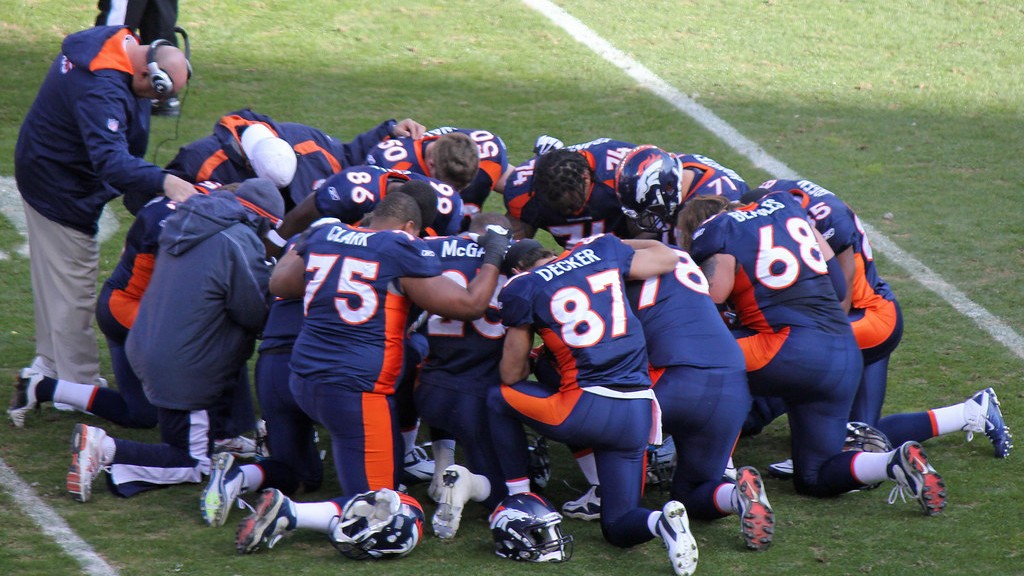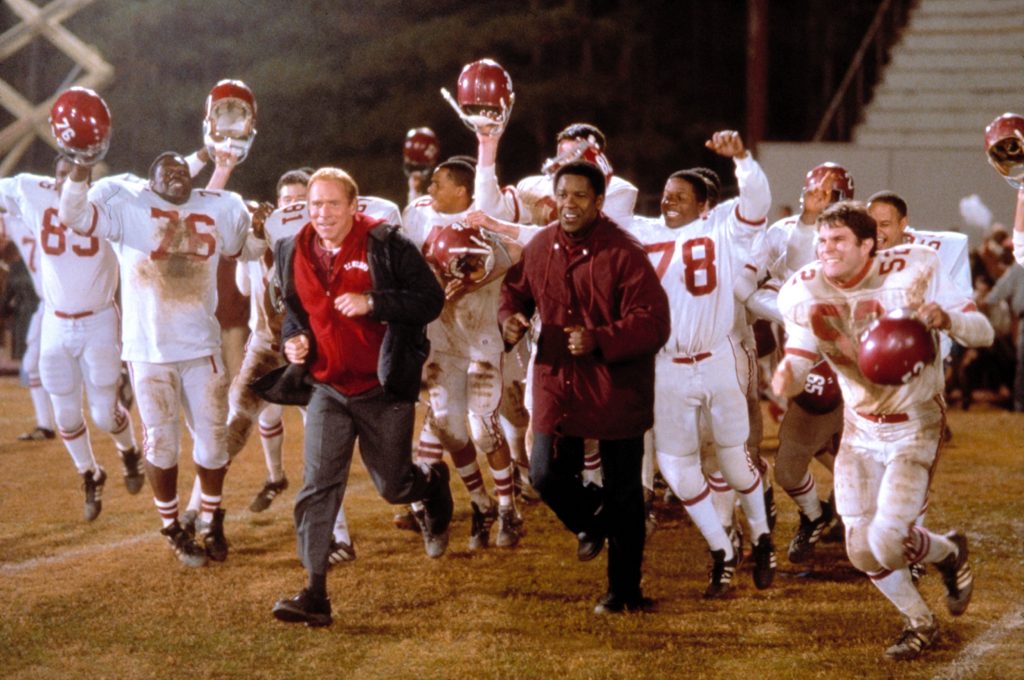Supreme Court Sides With Coach In Field Prayer Case
In a long awaited case, the Supreme Court sided with a football coach and his freedom to pray on the football field.

Bremerton High School football coach Joseph Kennedy won his supreme court case protecting the rights of religious individuals. Kennedy had been fired for praying on the 50-yard line after games even though students, parents, and other teachers supported his post-game ritual. The Supreme Court ruled 6-3 in favor of protecting Americans’ First Amendment right to freedom of religious expression.
The dissenting justices claim that this violates the separation of church and state, but being that the Football coach merely began a personal prayer and others chose to join in, it was voluntary and not school instituted — much like any other school prayer group. School prayer groups are not illegal. If students or parents wish to gather together and pray or express any religious values before or after school, they have been allowed to do so for years. Some even circle around the American flag to do so.
Muslum teachers and students are allowed to practice their religious rights in public schools, as are people of any faith because freedom of religion is a fundamental American right. Some progressives have mistaken this concept for freedom from religion, and separation of church and state has come up many times, but the case against Football coach Joseph Kennedy took the ball and ran it well past the 50 yard-line.
When Kennedy began praying on the field after games, no one was offended or harmed. It was a short, simple ritual. When players asked to join in he told them, “It’s a free country.” Not one school official took issue until players from the opposing team, and their coaches were allowed to join in.
The school was packing the stands and gaining publicity. Unfortunately, it was not the form of publicity they wanted and so coach Kennedy was told he must pray in private. They offered him space in the press box. At first, the football coach considered changing his religious ritual, and missed it for one game, but losing that special connection to his creator on the field made him realize just how important it was. That field wasn’t just turf. That space was where his players put in the work. It was where his efforts were displayed, and it was where the community supported him and he felt the need to thank his creator.
This was when coach Kenndy hired a lawyer and began doing interviews defending his right to prayer. At the next game, he refused to forgo his ritual, was put on leave, and not asked to return the following season — despite years of being a faithful football coach. This case gained much momentum. Many Christians feel as if their beliefs are constantly under attack while other religious peoples are allowed to practice their rights freely.

Now that the Supreme Court has ruled in favor of school officials’ right to practice their personal faith without interference, Christians and people of all faiths are celebrating. While this ensures Americans’ right to pray and express their faith, the ruling does not instruct schools to force religious teaching on anyone. It is, as always, a volunteer opportunity that gives everyone the right to choose.



